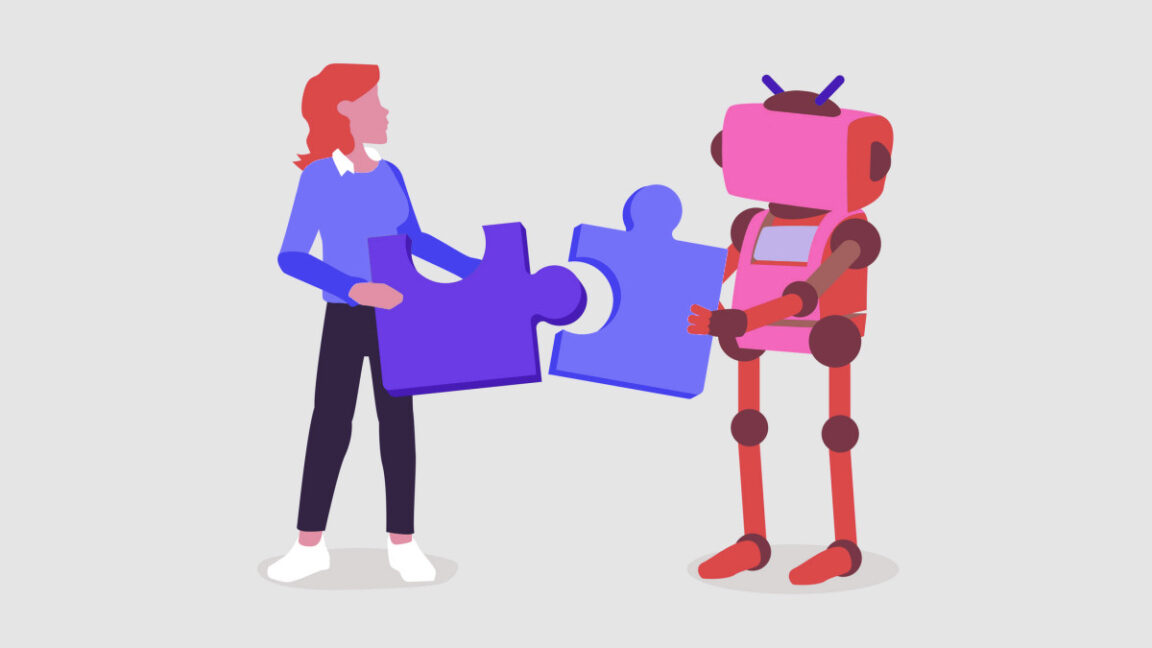So far, only one-third of Americans have ever used AI for work

On Tuesday, The Associated Press released results of a new AP-NORC poll revealing interesting insights into the usage of AI among American adults. According to the poll, 60 percent of US adults have used AI to search for information, yet only 37 percent leverage it for work tasks. Conversely, younger Americans are embracing AI tools more enthusiastically across various categories including brainstorming, work, and even companionship.
The poll highlighted that AI companionship remains one of the least popular applications among the American public. Merely 16 percent of adults have tried this technology, but usage grows to 25 percent among those under 30. Critics highlight potential pitfalls such as excessive agreeability from AI, sometimes termed 'sycophancy', and mental health risks like promoting delusional thinking.
Conducted between July 10–14, with a sample size of 1,437 adults, the poll illustrates a significant generational divide in AI adoption. For instance, while 74 percent of adults under 30 have used AI for information searches, this usage drops to 60 percent amongst the general adult population. A notable 62 percent of younger adults use AI for brainstorming, compared to just 20 percent of those aged 60 or above.
Despite extensive marketing by the tech industry positioning AI as a crucial productivity tool, the reality is that a majority of Americans have not integrated AI into their work habits. Approximately a third of respondents use AI for writing emails, image creation, or entertainment, while only 26 percent use it for shopping-related tasks.
Interestingly, search remains AI’s most common application, although there may be instances of underreporting. This is largely because users might not always be aware of AI-driven features within platforms like Google that automatically generate AI responses at the top of search results.
In exploring the public's attitude towards AI, the AP found that many Americans exercise caution in their engagement with these technologies. In interviews, people like Courtney Thayer, an audiologist from Des Moines, shared that she utilizes ChatGPT for planning meals but does so with politeness. Similarly, data scientist Sanaa Wilson uses AI for code debugging but stopped using it for emails due to concerns around high energy consumption and skill degradation.
Wilson also reflected on how a portion of AI companionship usage could be linked to the social isolation experienced during the COVID-19 pandemic. Although AI companionship doesn’t interest her personally, she acknowledged this trend among her peers.
People's interactions with AI remain tinged with caution, with some users even likening their behaviors with AI to the philosophical thought experiment known as Roko's basilisk, where the possibility of future AI holding humans accountable for their past actions is considered.
It's evident from the findings that while the integration of AI into everyday life is increasing, Americans are still navigating these waters carefully and discerningly.



